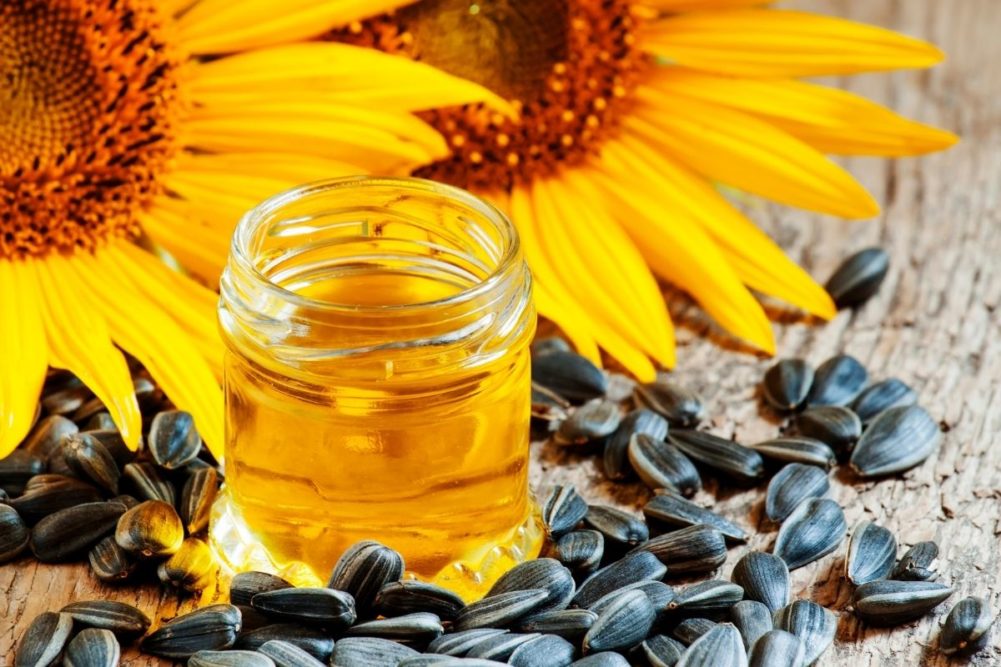LONDON, ENGLAND – The invasion of one of the world’s two main producers of sunflower oil by the other one has sent oilseeds prices, in an already tight market shooting higher. Russia’s invasion of Ukraine has closed ports, ended shipping movements and likely will have a profoundly adverse effect on future crops.
The International Grains Council (IGC) explained the importance of the two countries to the market in sunflower seed and, in particular, sunflower meal and oil, in its March 17 Grain Market Report.
“Although being important exporters of sunflower seed, both Russia and Ukraine are the dominant suppliers of sunflower meal and sunflower oil to the international market, their aggregate share of traded volumes averaging about 80% over the past five years,” the London-based organization said. “As a consequence, the Black Sea conflict has had, and will continue to have, significant ramifications for global shipment flows for the foreseeable future, with volumes in 2021-22 and beyond expected to be significantly restricted.
“Taking sunflower oil as an example, export prices for shipment from Ukraine initially spiked higher in late February and the early days of March on heightened concerns about the impact of Black Sea events on world market availabilities. Given disruption to trade flows and with exports now governed by an export license system until the end of 2022, fob prices are no longer freely quoted. Nevertheless, the impact can be gleaned through recent trends in values at relatively minor origins, Argentine (Up River) offers surging to a record of about $2,400 fob, up by around 70% in just a single month.”
The USDA’s Economic Research Service (ERS), in its April 12 Oil Crops Outlook report, noted that sunflower oil prices in Rotterdam swelled by over $1,000 in March to a record price of $2,570 per tonne in anticipation of lower supplies spurred by the Russia-Ukraine conflict.
“With limited port access in the Black Sea, reduced sunflower seed crush, and potentially reduced new crop plantings, sunflower oil prices are likely to remain high in the coming months,” the ERS said. “Historically, sunflower oil is a premium-priced oil in many import markets due to its status as a non-GM oil. It is the preferred oil in markets throughout the Middle East and North Africa with consumption growing rapidly in India and China.”
The record sunflower oil prices are expected to result in the consumption of alternative oils like canola, soybean, and palm oil, the ERS said.
“Since they are main substitutes, international soybean and palm oil prices followed suit and increased this month by $219 and $238 per tonne, respectively,” the ERS said. “Soybean oil nearby prices (FOB Brazil) surged to $1,752 per tonne in March, which is $551 higher than the same period last year, a 46% increase. Similarly, palm oil prices (FOB Malaysia) have advanced to $1,778 per tonne, 72% higher than in March 2021 and the highest since 2007-08.”
The UN Food and Agriculture Organization (FAO), in its April 8 Food Price Index, said that global vegetable oil prices had risen by 23% in March compared with the previous month, to reach a record high. The FAO noted increases for sunflower, palm, soy and rapeseed.
“International sunflower seed oil quotations increased substantially in March, fueled by reduced export supplies amid the ongoing conflict in the Black Sea region,” the FAO said. “Palm, soy and rapeseed oil prices also rose markedly, buoyed by rising global import demand in the wake of sunflower oil supply disruptions.”




